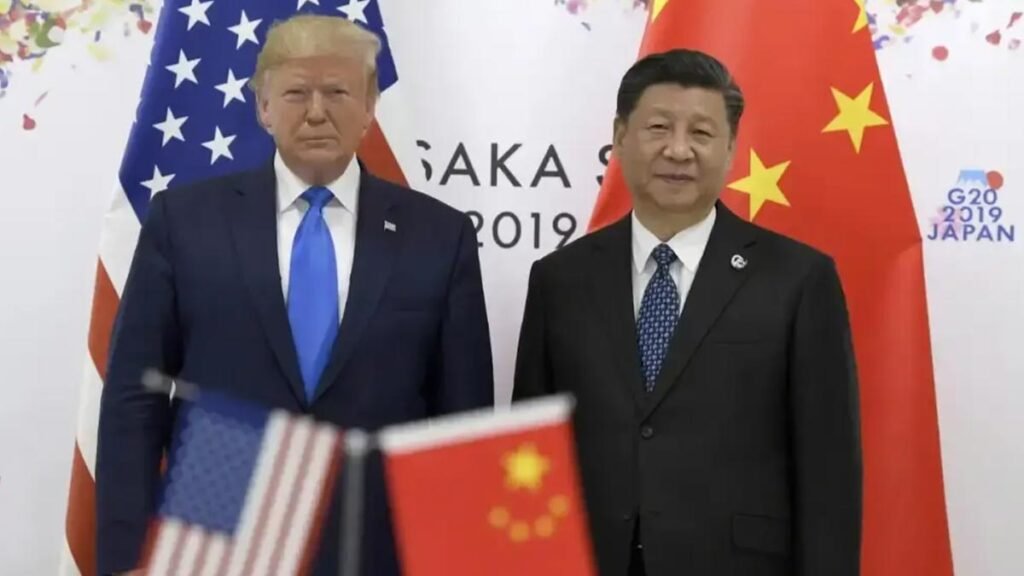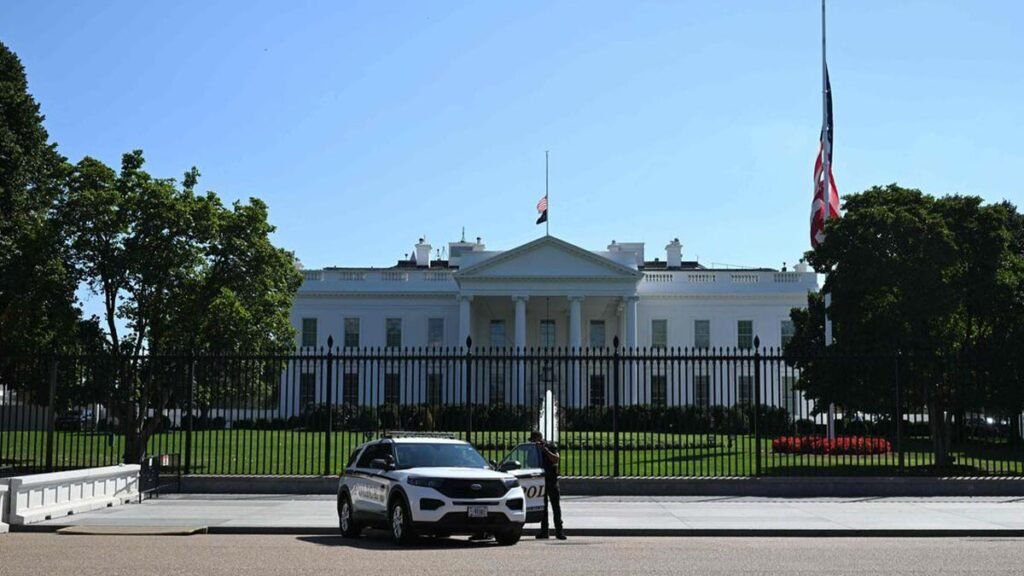Democratic lawmakers are pressing the Trump administration to tackle China’s excessive manufacturing capacity as high-level trade negotiations continue between the world’s two largest economies in Madrid, Spain.
House Democrats Push for Binding Trade Requirements
Members of the House Select Committee on China sent a letter to senior U.S. trade officials on Friday, urging the administration to address what they call China’s “structural overproduction” problem. The letter demands that any bilateral trade agreement include binding obligations for Beijing to reduce industrial overcapacity, according to reports from Reuters and Yahoo Finance.
The correspondence comes as Treasury, Commerce, and U.S. Trade Representative officials meet with a Chinese delegation led by Vice Premier He Lifeng in Madrid.
What is China’s Overproduction Problem?
China generates a surplus of manufactured goods that exceeds domestic consumption, leading to heavy exports and sharp domestic price competition. This model has long fueled Chinese growth but creates significant challenges for international competitors.
“The PRC’s long-standing and harmful reliance on structural overproduction to stimulate economic growth incurs an undeniable cost to U.S. industries, employment, and the stability of global markets,” Democratic lawmakers wrote, referring to China’s official designation as the People’s Republic of China.
Steel and Solar Industries Highlight the Issue
The letter specifically cites China’s steel and solar panel sectors as prime examples of industries where massive supply expansion has been followed by export waves that undermine U.S. jobs and businesses. Chinese companies have flooded global markets with lower-cost products, intensifying pressure on American manufacturers.
Bipartisan Concerns Despite Political Differences
While the Democratic letter echoes concerns raised in the past by the Biden administration, it is unclear whether it will influence the current Republican administration’s trade strategy. Still, the move underscores a rare bipartisan consensus in Washington about China’s trade practices.
Call for International Cooperation
The Democrats also urged the administration to work with allies and partners to build a coordinated international response to Chinese overcapacity. They called for a “more equitable” approach to tariffs that would prevent U.S. industries from being undercut by subsidized Chinese exports.
Ongoing Trade Negotiations
The United States and China are working to turn a temporary tariff truce — extended for another 90 days last month — into a broader trade deal. Negotiations in Madrid are addressing multiple issues, including the U.S. trade deficit, technology transfer rules, and ownership of the video platform TikTok.
Chinese officials have consistently dismissed U.S. claims of industrial overcapacity, though Beijing has introduced limited measures to ease price competition in some sectors.
What’s Next?
The Treasury and Commerce departments have not yet commented on the Democratic letter. As talks continue, it remains uncertain whether the Trump administration will incorporate the lawmakers’ demands into its negotiating stance.
The outcome of the Madrid talks could reshape not only U.S.–China trade ties but also global approaches to managing industrial overcapacity.


